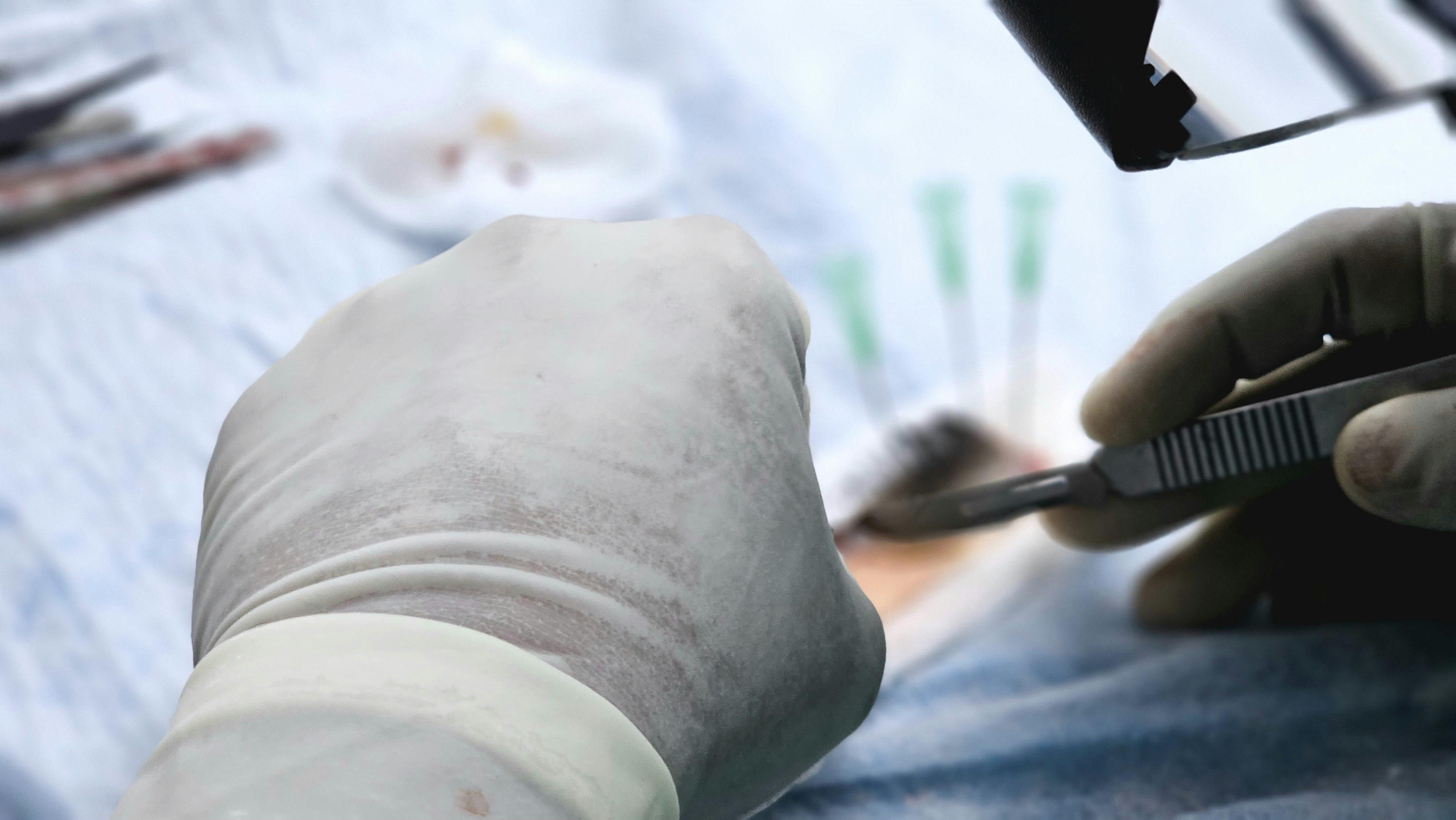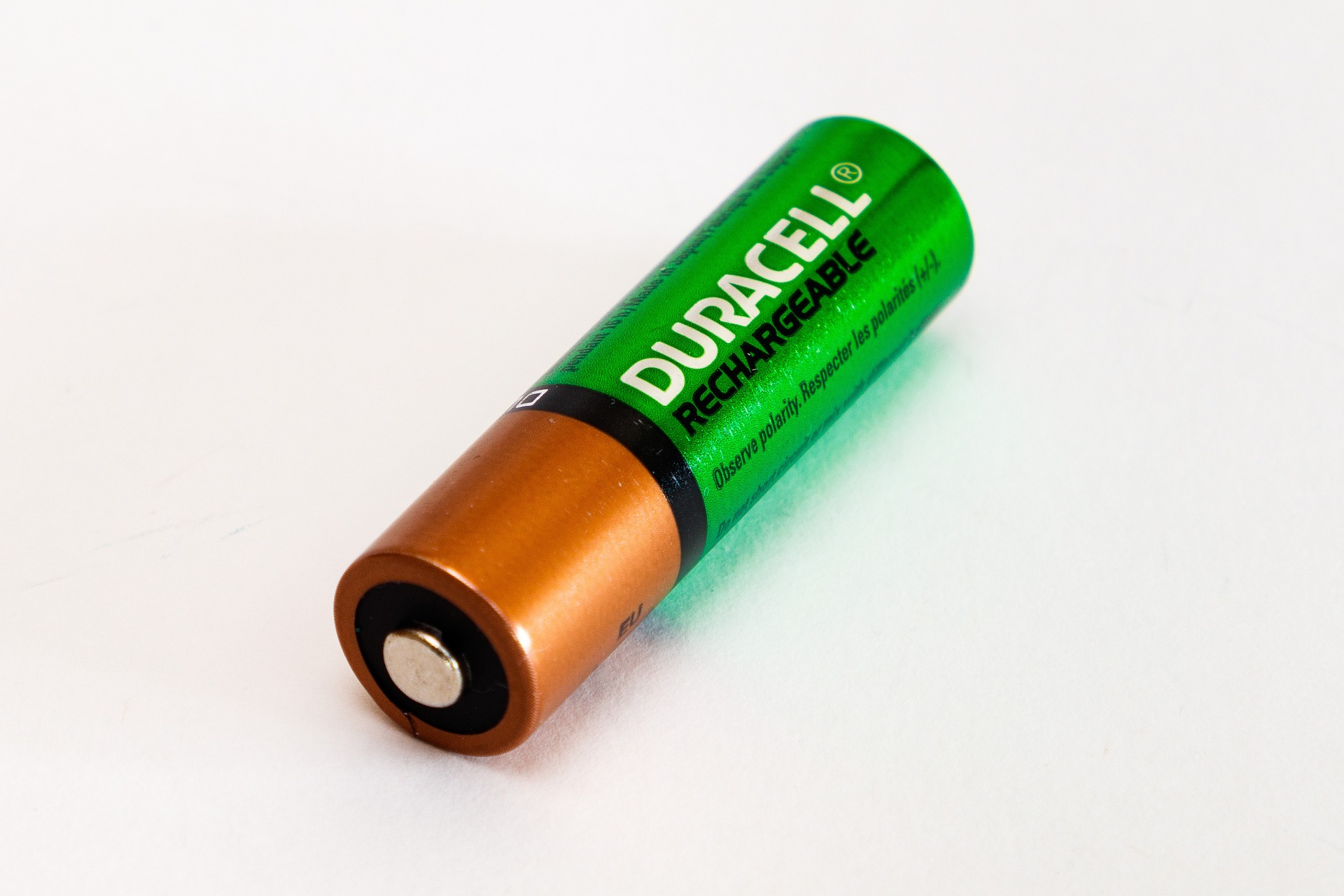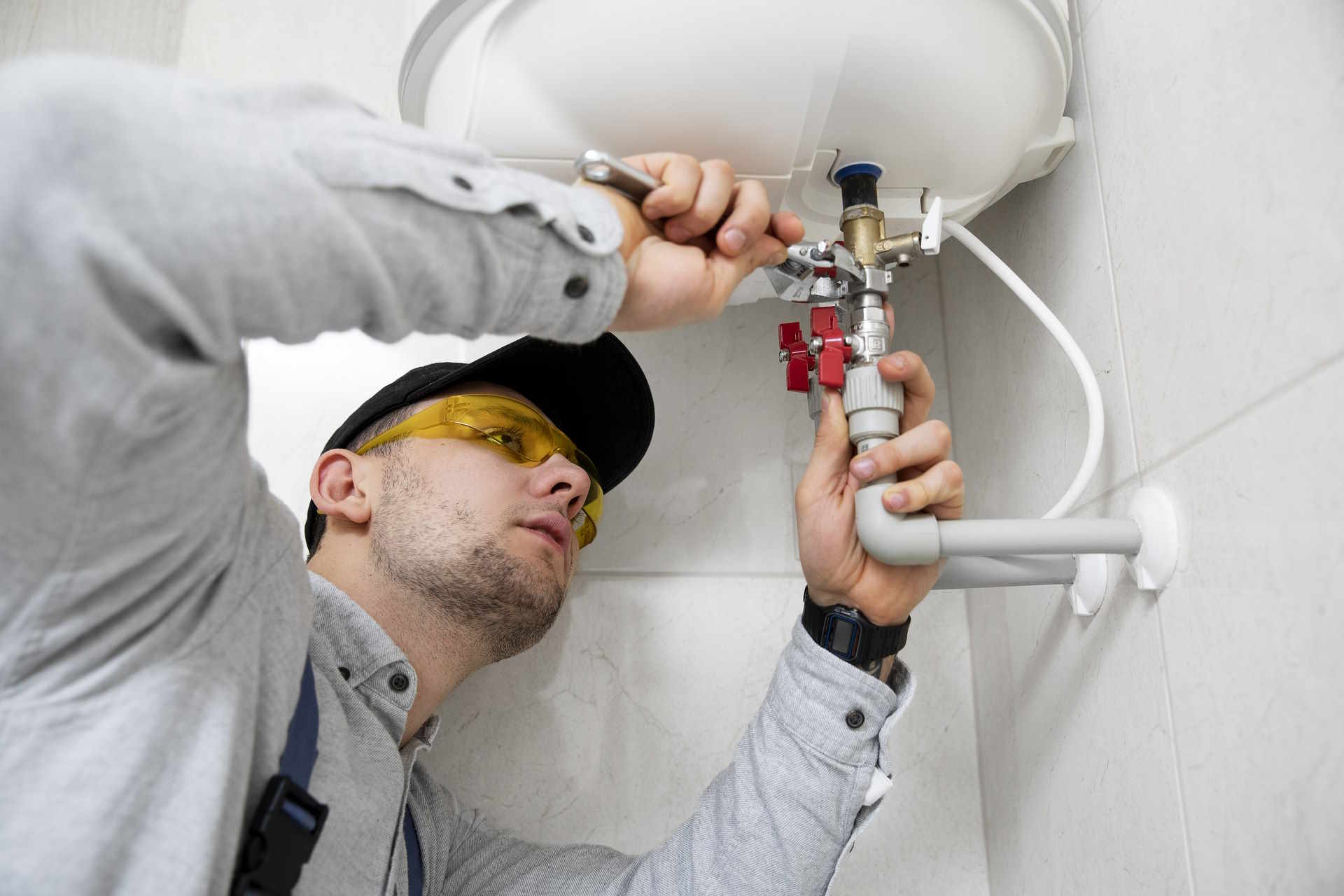Sperm Donation: A Path to Helping Others
Sperm donation plays a vital role in modern fertility treatments, offering hope to individuals and couples struggling with infertility. This medical process involves careful screening, precise protocols, and important considerations regarding anonymity and compensation. As fertility treatments continue to advance, understanding the comprehensive nature of sperm donation becomes increasingly important for both potential donors and recipients in the medical community.

What is sperm donation and how does it work?
Sperm donation is a medical procedure where a man voluntarily provides his sperm to a fertility clinic or sperm bank. The donated sperm is then used to help individuals or couples conceive through artificial insemination or in vitro fertilization (IVF). The process typically involves several steps, including initial screening, medical and genetic testing, and the actual donation. Once collected, the sperm is frozen and quarantined for a period before being made available to recipients.
Who can become a sperm donor?
Sperm donors must meet specific criteria to ensure the health and safety of potential offspring. Generally, donors should be between 18 and 40 years old, in good physical and mental health, and have a clean medical history. Many sperm donation websites and clinics also require donors to have a certain level of education and be of average height or taller. Potential donors undergo extensive screening, including genetic testing, infectious disease screening, and a thorough review of their family medical history.
What are the benefits of sperm donation?
Sperm donation offers numerous benefits to both donors and recipients. For donors, it provides an opportunity to help others create families and potentially earn compensation. Recipients benefit by having access to carefully screened genetic material, increasing their chances of conception. Additionally, sperm donation allows same-sex couples, single women, and individuals with male factor infertility to pursue parenthood. The process also contributes to medical research and advancements in reproductive technology.
What are the legal and ethical considerations of sperm donation?
Legal and ethical aspects of sperm donation vary by country and region. In the United Kingdom, donors are no longer anonymous, and children conceived through donation have the right to access identifying information about their donor when they turn 18. Donors must also consider the potential emotional impact of their decision, as they may be contacted by biological children in the future. It’s crucial for both donors and recipients to understand their rights and responsibilities, including any legal obligations or limitations regarding parental rights.
How does the sperm donation process work in the UK?
In the United Kingdom, sperm donation is regulated by the Human Fertilisation and Embryology Authority (HFEA). The process typically involves an initial consultation, followed by screening tests and a quarantine period for the donated sperm. UK law limits the number of families that can use a single donor’s sperm to 10. Donors in the UK are compensated £35 per clinic visit, with a maximum of £750 for a complete course of donation. It’s important to note that while donors relinquish legal rights to any children conceived, they may still be contacted by these children after they turn 18.
What are the costs associated with sperm donation?
The costs of sperm donation can vary depending on whether you’re a donor or a recipient. For donors, the process is generally free, and they may receive compensation for their time and expenses. For recipients, the costs can be significant and may include fees for donor sperm, medical procedures, and storage.
| Service | Provider | Cost Estimation |
|---|---|---|
| Sperm Donor Screening | NHS Fertility Clinics | Free to £1,000 |
| Donor Sperm Vial | Private Sperm Banks | £500 - £1,000 per vial |
| IUI Treatment | Private Fertility Clinics | £700 - £1,600 per cycle |
| IVF with Donor Sperm | Private Fertility Clinics | £5,000 - £10,000 per cycle |
| Sperm Storage | Sperm Banks | £150 - £400 per year |
Prices, rates, or cost estimates mentioned in this article are based on the latest available information but may change over time. Independent research is advised before making financial decisions.
Sperm donation is a complex but rewarding process that offers hope to many individuals and couples seeking to build their families. It requires careful consideration of medical, ethical, and legal factors by both donors and recipients. As reproductive technologies continue to advance, sperm donation remains a vital option for those facing fertility challenges, providing a path to parenthood that might otherwise be impossible.
This article is for informational purposes only and should not be considered medical advice. Please consult a qualified healthcare professional for personalized guidance and treatment.




